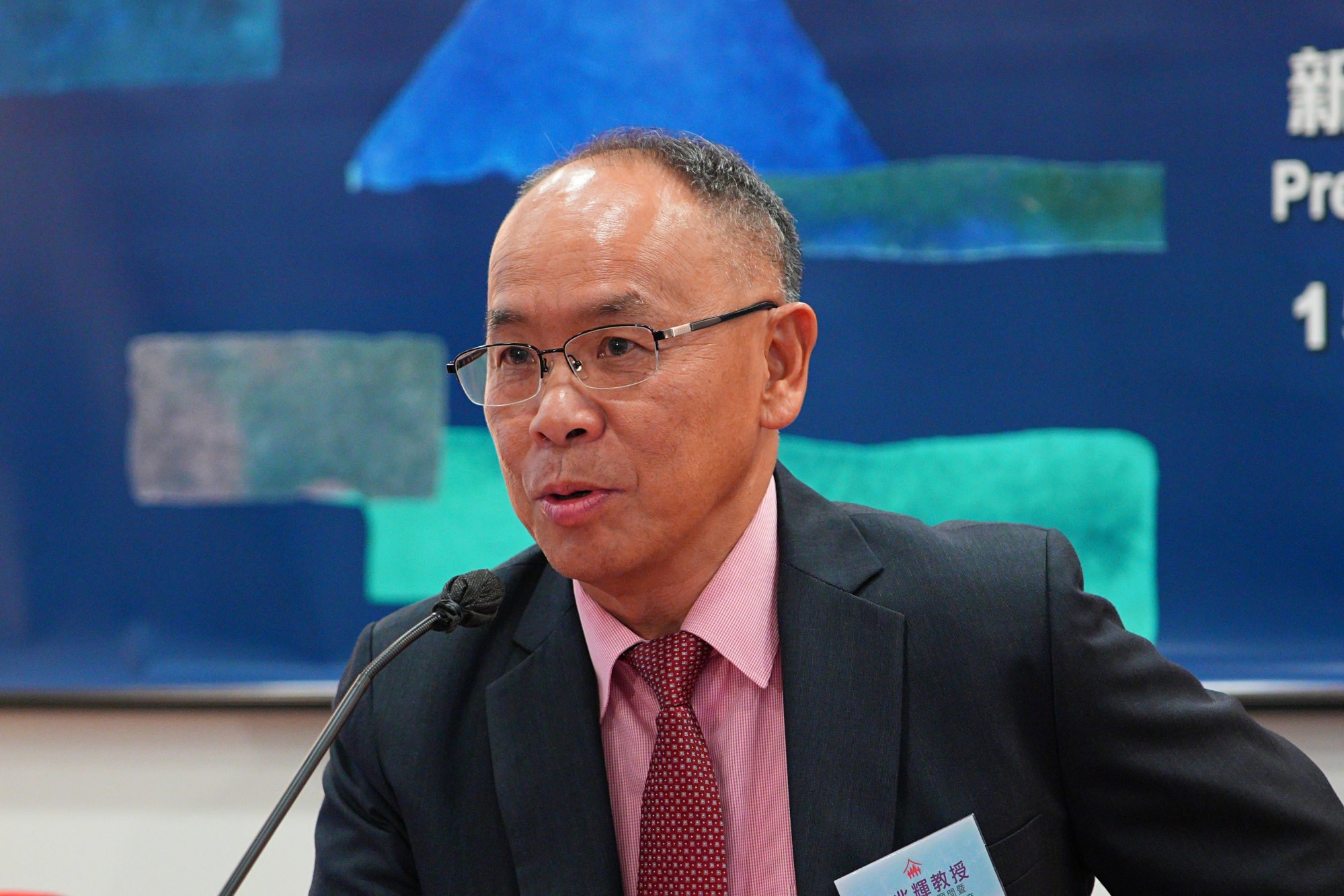
Number of childless Hong Kong couples doubles in 5 years as average births drop below 1 per family for first time
- Ageing population problem to become more acute as fertility rate drops and life expectancy increases
- Study finds childless couples replace those with one child as city’s average
The number of childless couples in Hong Kong has reached an “alarming” level, the Family Planning Association has warned, with a survey finding that the proportion of respondents without offspring has more than doubled in five years.
The survey released on Tuesday also found the average number of children among the city’s couples dropped to a new low of 0.9, smashing the previous record of 1.2 in 2012.
“In Hong Kong, we have an ageing [population] situation because we do not have enough young people,” said the association’s honorary adviser and research subcommittee chairman Professor Paul Yip Siu-fai.
The city faced emigration challenges, suffered from a low fertility rate and life expectancy was increasing, he noted, adding: “The ageing [population] will just become more and more acute in the years to come.”

Yip, a population expert at the University of Hong Kong, was commenting on the findings of the association’s Family Planning Knowledge, Attitude and Practice in Hong Kong Survey, which polled 1,502 women and their male partners between September to December 2022. Among the women, 1,104 were married and 398 were not.
The study, conducted every five years, found childless couples had more than doubled from 20.6 per cent of respondents in 2017 to 43.2 per cent, replacing those with one child – which stood at 27.4 per cent – as the city’s average. About a quarter of those surveyed (25.2 per cent) had two children.
In 2017, 38.3 per cent of couples had one child and 33.8 per cent of them had two.
According to Yip, the increase in the number of childless couples was “quite alarming”, especially with the city’s latest fertility rate at 772, with predictions that it could go even lower in the next two to five years.
The fertility rate refers to the average number of babies born alive to 1,000 women during their lifetime, with the figure excluding domestic helpers. According to the Census and Statistics Department, the figure has steadily decreased from 1,205 in 2016.
Yip said small families had become the norm of high-income societies, not only in Hong Kong but also in Singapore, Tokyo and London.
He said in Hong Kong, in particular, fewer people were tying the knot, accounting for 70 per cent of the drop in the fertility rate, while the other 30 per cent was because of a decrease in the number of married couples having children.
“Because of the delay of the marriage, the window to conceive the baby becomes smaller,” he added.
Responding to questions about how authorities would increase the average number of children couples have, the association’s executive director Dr Mona Lam Wai-cheung said there was no single solution to the issue.
“The solution would be a holistic approach … just [having] financial support may not solve the whole problem. We have to [use] an integrated approach in different sectors to help young couples,” she said.
Lam pointed out that obstacles which financial support could not solve might include a lack of time off work or a shortage of childcare services.
The survey also recorded a slight increase in the proportion of women wanting to have children, rising to 22 per cent in 2022 from 15.3 per cent five years ago, while those who did not want any children or any additional ones accounted for 55.2 per cent, down from 67.4 per cent.
Women who had not made up their minds accounted for 22.8 per cent, slightly higher than 17.3 per cent in 2017.
Yip said the increase in the number of women wanting to become mothers was due to the younger age of respondents included in the latest survey and residents waiting until later in life to marry. The average marriage age rose to 30 from 27 or 28 five years ago, he noted.
“The later women get married, the window for conceiving the baby becomes shorter,” he said. “Late marriage has increased women’s desire to have children.”
The trend was good for the city, he noted, while calling for more policies to support it, including enhanced childcare services and more parental leave to encourage more women, especially those undecided about starting families, to have children.
Specialist gynaecologist Chan Yik-si from Hong Kong Reproductive Medicine Centre said it had seen a 20 per cent surge in the number of women who had sought help in the past five years, and most were over 40, well past the ideal age for pregnancies.
For 43-year-old Ken Chan Hiu-kwong the desire to have children became “very strong” three years ago when he realised that should he or his wife die, the other one would have no one to to rely on for emotional support.
The couple’s first child, conceived through in vitro fertilisation, was born 18 months ago and they expect the second one this December.
“If anyone asks me whether or not to have children, my answer is affirmative even though the children mean a financial burden,” Chan said.



